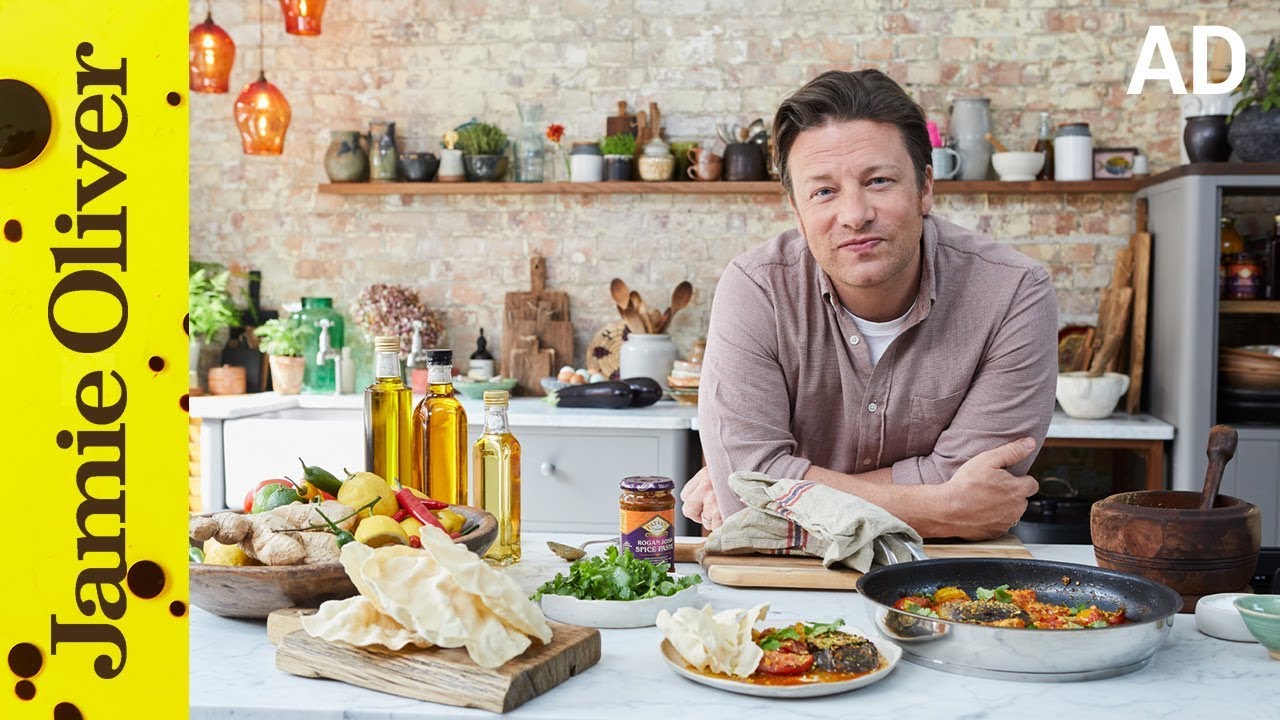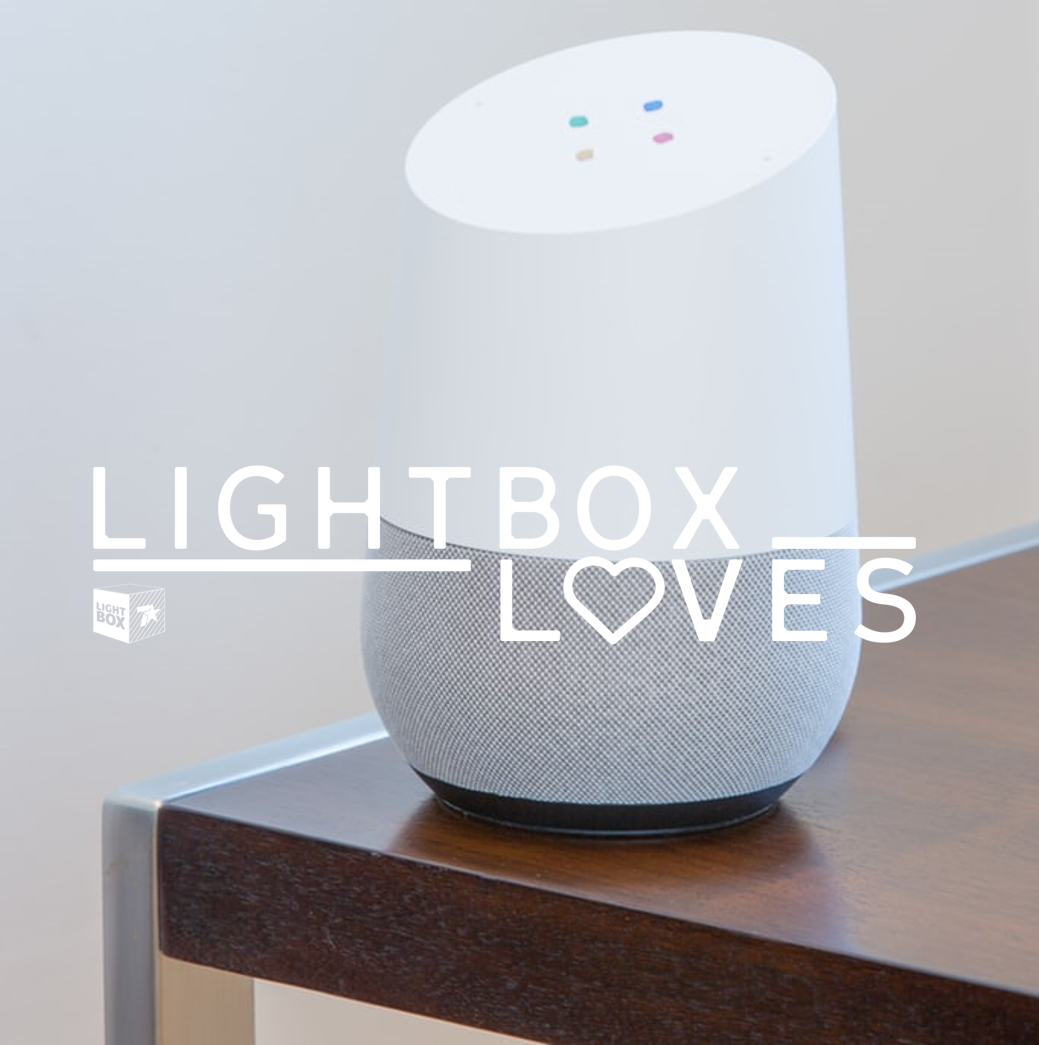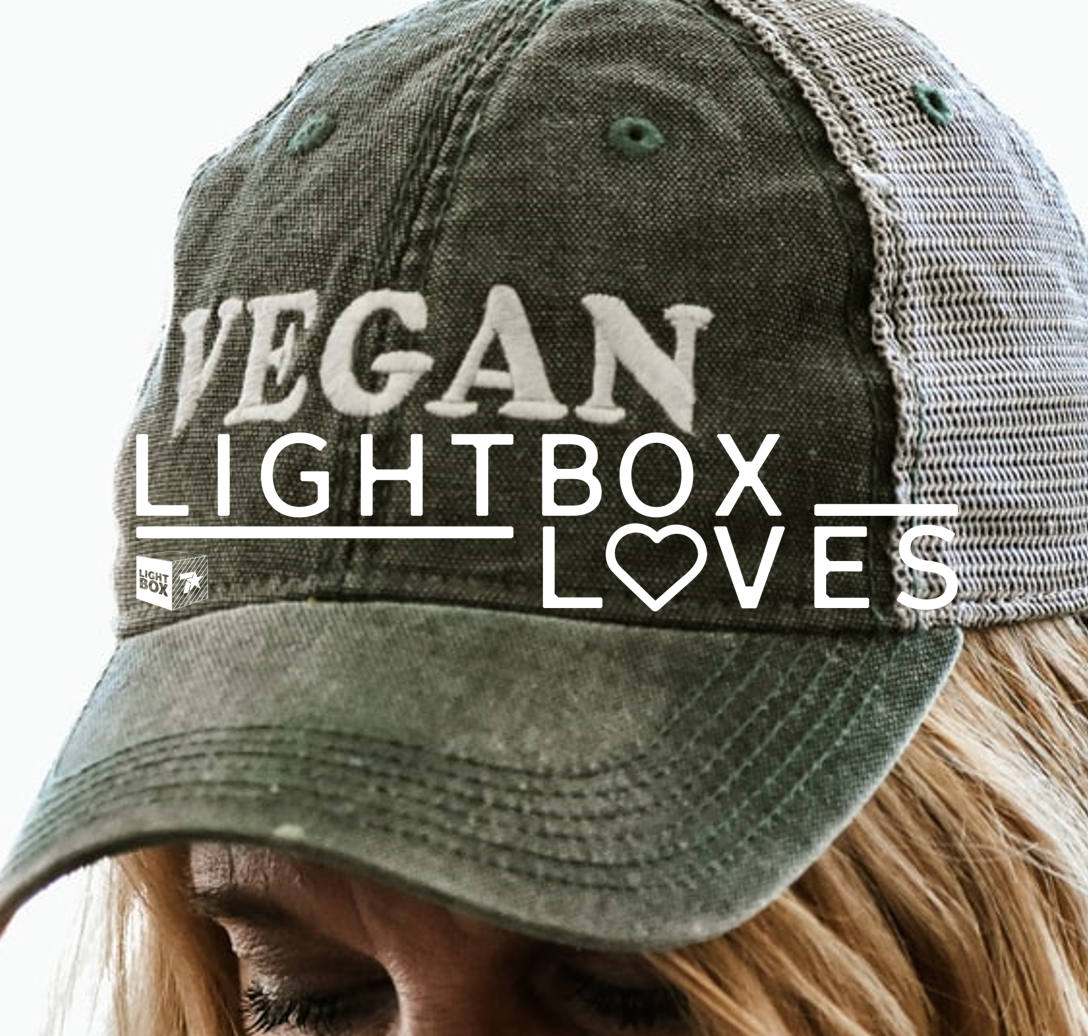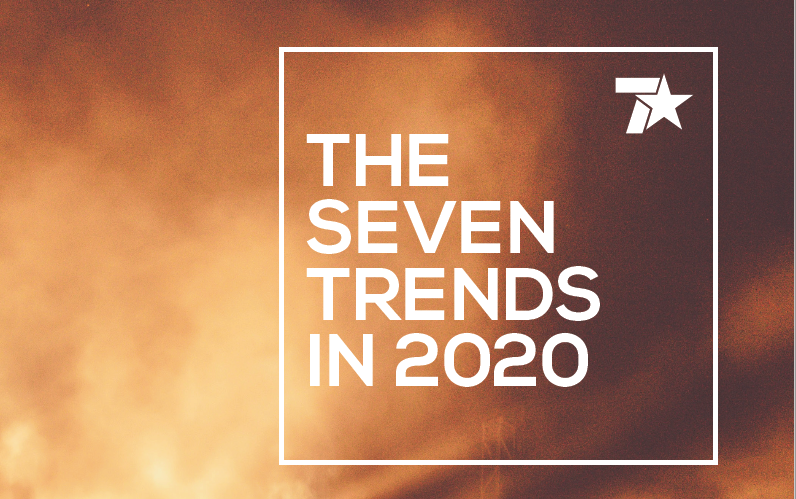
Mid-December saw the launch of On the Beach’s new “Everything’s better on the beach” campaign. The campaign which will be running across OOH, digital, radio and TV across Q1, has already taken the prize for yougov’s ‘ad of the month’ in December. Across the first two weeks, the campaign generated a consideration uplift of 50% and an 11 pp increase in brand awareness.

Pataks’ objective for this campaign was to educate around usage of paste pots, as insight showed consumers were not clear on how to use them. The partnership between Pataks and Jamie Oliver was a natural fit, as Jamie had been using their paste posts in his 15 minute meals for years. He created 6 recipes for digital platforms, which we utilised across Facebook and YouTube to maximise on completed views to aid education. This resulted in ad recall coming out 3.4x higher than the FMCG benchmark, brand awareness lifted 4.5x higher and purchase intent was 7.3x higher than benchmark!

The human brain processes images 60,000 times faster than text, and 90 percent of information transmitted to the brain is visual. With the increasing omnipotence of the internet, we now live in a world where visual communication is taking on increasing importance.
The August wave of The QT found that half of 18-24s feel that using memes can be more effective than words alone, and 32% of 18-34s also agree that memes are an important way of sharing culture. While the majority reserve this to a more comic sphere, as 2020 has gotten underway, we’ve seen memes impact the way we are consuming news online.
The first few days of the new decade saw Iran’s top general, Qasem Soleimani, killed in an air strike ordered by US President Donald Trump. Iran’s supreme leader promised “harsh vengeance” almost immediately, followed swiftly by threats of potential US retribution. Conversation online turned to talk of World War 3 being imminent if both countries followed through with their escalating threats.
However, despite over 44k posts being written on Twitter about WW3 since the 6th January, surprisingly 31% of posts had positive sentiment. This increased over the month to peak on 11th January, three days after Iran launched more than a dozen ballistic missiles at US forces in Iraq in its first military retaliation since the assassination of General Qasem Soleimani.
This thread of positive reactions was driven by the posting and sharing of memes referencing WW3. The most popular posts feature political figures including Greta Thunberg and Tony Blair. Whilst the Memes provide a light-heartedness to the conversation, a lot of the captions on the pictures cite them as “a coping mechanism” and a way of “hiding from the fear”, with fear also detected as a dominant emotion in posts.
This reaction online was similar on 8th January when the Duke and Duchess of Sussex announced they would be stepping down as senior royals, with many people taking the news as an opportunity to mock the royals through memes.
29% of 18-24s agree that brands who use memes get their attention. Therefore as visual language begins to become the dominant means through which we view and engage with the world, it should be considered a vital part of advertisers communications strategies.
However, a potential pitfall for brands to watch out for among meme culture is illustrated by the misfortune suffered by Weight Watchers. The campaign on social media was timed to align with the “new year, new me” mentality however, in an unprecedented coincidence, their #thisismyWW campaign appeared around trending and unfortunately alliterative hashtags such as #WW111 and #WorldWarThree.
https://www.bbc.co.uk/news/world-middle-east-51018120
https://www.campaignlive.co.uk/article/weight-watchers-social-media-campaign-unfortunately-timed/1669849

2013 was the year our digital lives were to be transformed for the better. Not because of the Xbox One launch, or the debut of Apple iOS 7, but the surprising introduction of Microsoft’s smart speaker, Cortana. The following year saw other tech giants follow suit, and it was not long before Amazon, Apple and Google all launched their own versions of this ground-breaking tech.
A virtual assistant, at your beck and call to help you with your grocery shopping, to boil the kettle and that will not answer back sounds perfect, does it not? Many of us agreed that it would be a vital addition to our homes, so much so, that in 2019 the Government added ‘smart speakers’ to the list of items monitored to measure the cost of living. However, the reality is that out of the 1 in 5 who own a smart speaker in the UK, almost half feel they are not getting the most out of their in-home devices.
Despite clearly proving commercially successful, and usage set to grow into 2020, some query the transformative value of this technology. Indeed, the top three commands for our smart speakers haven’t really changed across half a decade: listening to music, checking the weather and setting timers – not entirely revolutionary.
Whilst some argue that this laggard behaviour is down to a lack of trust or comfort in their devices, others put it down to the tech’s difficulty in understanding the nuances in human language, often meaning the robots are prone to error.
Before storming ahead and innovating further in this category, it might be beneficial for Amazon, Google and the like to take a step back and overcome the current barriers to expansive usage. How can they grow trust in smart speaker devices, so they become an irreplaceable and vital part of daily life, instead of being a ‘nice-to-have’ gadget?
https://www.theguardian.com/get-more-from-amazon-alexa/2020/jan/06/from-sous-chef-to-security-guard-how-the-nation-uses-its-smart-speakers
https://www.theguardian.com/business/2019/mar/11/smart-speakers-baking-uk-inflation-basket
https://www.theverge.com/2019/11/6/20951178/amazon-alexa-echo-launch-anniversary-age-funtionality-not-changed-use-cases

Advertisers need to align with interests rather than age, or indeed any other demographic. Greater age representation is increasingly demanded of brands and commercially, it seems to make sense; those 55+ hold more than a third of Britain’s wealth. So how can the advertising industry become more representative in its advertising?
Most importantly, we need to be careful of the assumptions we are making of this audience. Often those over 50 are pictured within the home, yet the number of those 65+ in employment has doubled from 5.5% in 1992 to 10.2% in 2018. Furthermore, less than 5% of images of older generations show them handling technology, despite 69% of those 55-74 owning a smartphone. It seems as though our perception is different from the realities facing the Baby Boomer audience.
By more openly targeting a broader audience, brands should not be afraid of tackling traditionally taboo topics. Holland and Barratt’s Me.No.Pause. campaign from last year is a great example of a brand bring the taboo subject of menopause out into the open to appeal and build loyalty amongst an older target. As a result, it won £500,000 worth of free advertising on TfL – however brands need to engage with this dialogue without the incentive of free advertising. Pablo, Holland and Barrett’s creative agency, sums this up nicely: “We hope this campaign will spark and inspire a more open conversation about this important subject.“
Ultimately, a cross-generational approach to audiences – driven by interests – has the ability to provide a brand with a wider customer base and more opportunities in the long term. In the ‘Truth about Age’, McCann has summed ageing up as a “… journey of limitless opportunities and personal growth” and this is a great way for many brands to challenge what they know about those 55+.
https://www.nytimes.com/2019/09/23/business/ageism-advertising-aarp.htm
https://www.thetimes.co.uk/article/one-in-five-pensioners-is-a-millionaire-as-young-miss-out-ts53qvjztl
https://www.bbc.co.uk/news/business-44042133
http://mccann.co.za/assets/files/documents/Truth-About-Age1.pdf

Veganism is set for an even bigger boom this month with a record number of 300,000 people already signed up to Veganuary – an 18% increase from last year.
Whether part of a “New Year, New Me” resolution or for health, ethical or environmental reasons, Veganuary began in 2014 and has significantly grown year on year, with more and more people abstaining from animal products and instead opting for a plant-based diet. For some, this carries on beyond January; 62% of Veganuary participants in 2018 intended to remain vegan
To accompany this surge in signups, there has been a string of vegan product launches by high street favourites and major supermarkets to make the journey and vegan choices readily available.
To name just a few; McDonalds has launched its first ever vegan meal called Veggie Dippers, which accompanied with their vegan friendly fries now allows customers to order a fully vegan meal. Meanwhile, Co-op has also launched what they have described as; “the largest ever product rollout of own-brand vegan products by a supermarket.” Their new vegan food range is called Gro and features 35 meat free products, including pizza, nachos and curry based options. Other supermarkets are also expanding their vegan ranges this January including Iceland, Marks and Spencer’s and Waitrose.
Veganuary – and this trend influencing eating habits throughout the year – is opening up new opportunities for more brands to invest in a prolonged approach to providing better meat free alternatives for this growing market. Brands are offering a greater range of vegan products that are no longer limited to one month each year.
The rise in signups and brand involvement is undoubtedly a reflection of the changing face of veganism in society. It will be interesting to see how much this year on year trend continues to grow and whether an even wider audience and demographic will not only start but stick with this major change of lifestyle.
Sources:
Foresight Factory, Veganuary: What we learned from social media conversations on Veganuary 2019
https://www.theguardian.com/lifeandstyle/2019/jan/31/veganuary-record-high-participants-plant-based
https://www.theguardian.com/lifeandstyle/2019/dec/22/vegan-boom-veganuary-retailers-on-trend





Recent Comments